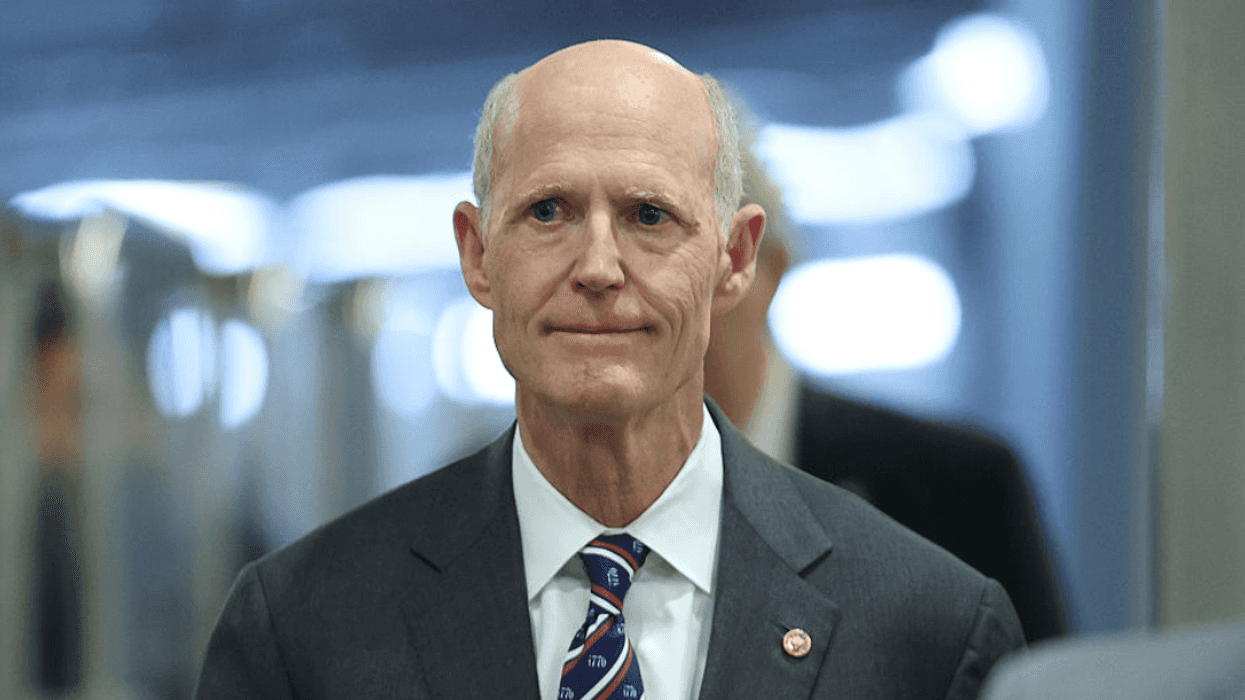There's an odd quirk in the House Rules that permits the Speaker of the House not to be an elected member of the House but pretty much anyone whom the majority of House members elect. That means that, yes, Donald Trump could make his return to politics much sooner than 2024 by replacing Kevin McCarthy as leader of the GOP caucus in that chamber.
Is this a likely scenario? Well, no. For starters, while Trump has toyed with the idea in the past, being Speaker actually is a job that requires a lot of work, and Trump has zero experience in the role and zero interest in doing any of that work. Yet the mere threat of a Trumpian revolt against Kevin McCarthy, backed by if not led by the former president, is enough to push McCarthy even farther to the right in order to placate far-right GOP partisans. That may be the real impetus behind the calls for a Speaker Trump.
McCarthy is eager to show he's as Trumpy as they come. On Thursday, for example, he vowed, if re-elected as House Speaker, to restore committee assignments to Reps. Marjorie Taylor Greene and Paul Gosar, whose inflammatory and violence-laced tweets and statements led to the House votes stripping them of their committee assignments. "They'll have committees," McCarthy said at a press conference after the vote. "The committee assignments they have now—they might have other committee assignments. They may have better committee assignments."
The threat of Trump's return may also explain in part why McCarthy recently spoke on the floor of the House for over eight hours, ostensibly to rail against the Build Back Better bill but really as awkward performance art. The Minority Leader apparently feels the need to re-audition for the role of Speaker, trying to demonstrate that he, too, can "own" the libs by forcing a delay in passing their legislation. (It didn't work—Pelosi pushed the Build Back Better through the next morning.) McCarthy's rambling, incoherent speech fairly begged observers to draw comparisons to the former president's penchant for the same at his political rallies. His stream-of-unconsciousness tirade touched on everything from his supposed great respect for John Lewis, to his shouted complaints about one-party rule dictating his every move, to even how a sandwich in his hometown is named after him. Eventually, Speaker Nancy Pelosi called it a night and told Democrats to reassemble at eight o'clock to vote on the bill, assuming McCarthy would be done by then. (He was, thankfully.)
Trump's acolytes have begun to seize on recent signs of McCarthy's weakness and openly dangle the prospect of Trump replacing him as Speaker. As CNN reported, former White House Chief of Staff Mark Meadows, who is the subject of an outstanding subpoena by the January 6 Committee that he is defying, appeared yesterday on Rep. Matt Goetz's podcast and blasted McCarthy for being weak and failing to make the Democrats "take tough votes." In a direct challenge, Meadows declared he "would love to see the gavel go from Nancy Pelosi to Donald Trump." Meadows added, "You talk about melting down, people would go crazy." (Perhaps Meadows was also trying to upstage Gaetz, who had stated Wednesday that he was open to hiring Kenosha killer Kyle Rittenhouse as an intern.)
The calls for an early return of Trump reflect a deep anger from the right, who are still reeling over the defection of 13 House GOP Representatives on the Bipartisan Infrastructure Framework and furious over McCarthy's failure thus far to meaningfully penalize them for their votes. Their outrage is curious given the filibuster-proof number of GOP senators who also backed the infrastructure bill earlier, lending the word "bipartisan" to the bill's success.
Some Republicans likely understand that they are playing with fire by invoking the specter of House Speaker Trump. After all, if there is one thing that could drive Democrats back to the polling booths in droves, it is the threatened return of Trump to the national political office.
"It looks like he's still running so much of the Republican party," remarked a dismayed former governor of Ohio, John Kasich, who had run against Trump in 2016. "As to whether that remains in terms of the pinnacle of his power—yet to be seen. I hope we wake up."
For more political analysis, check out the Status Kuo newsletter.

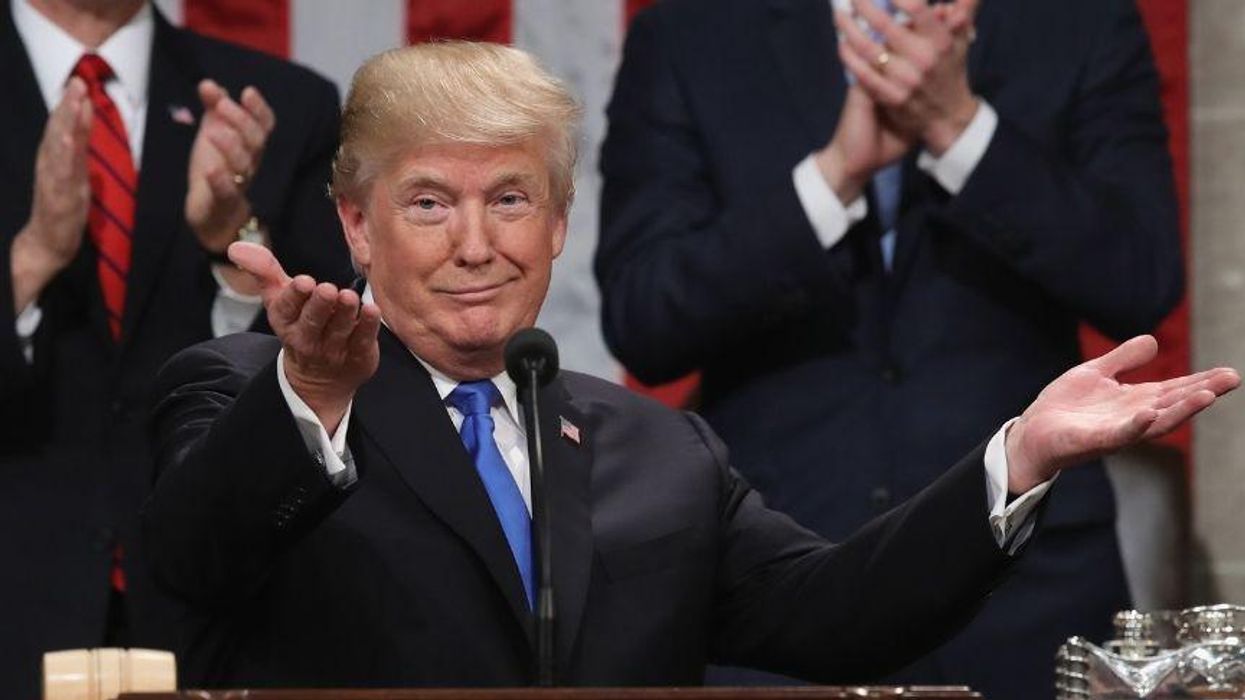




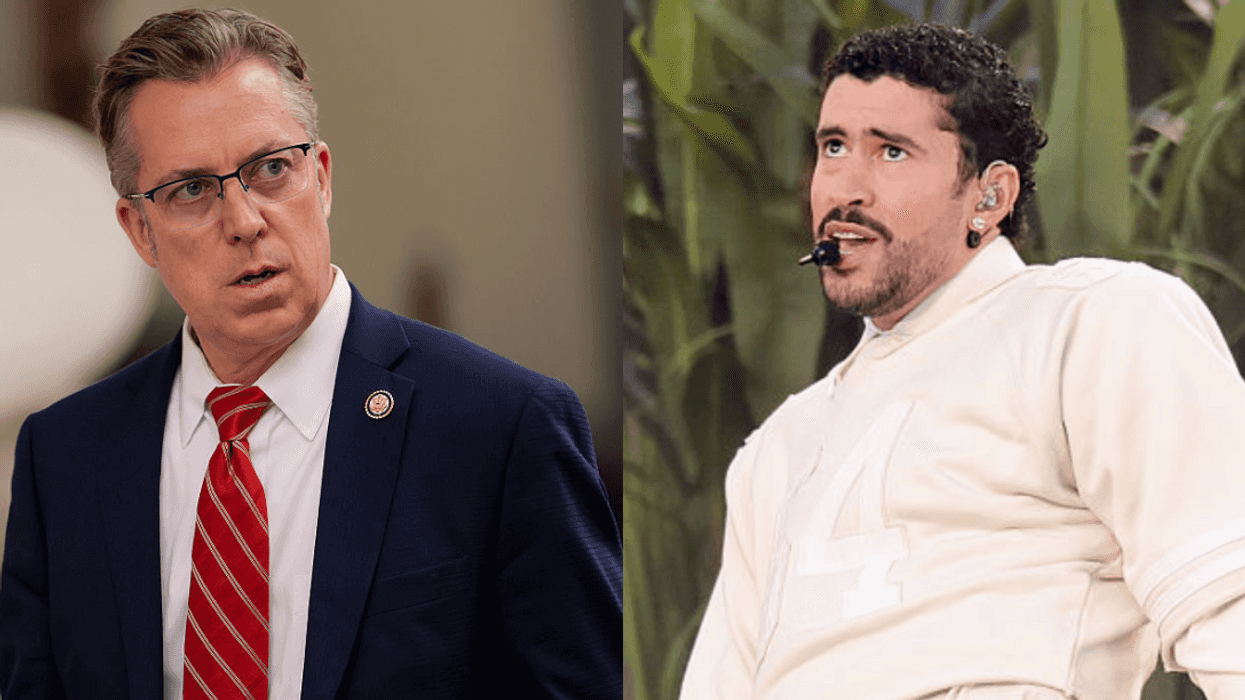
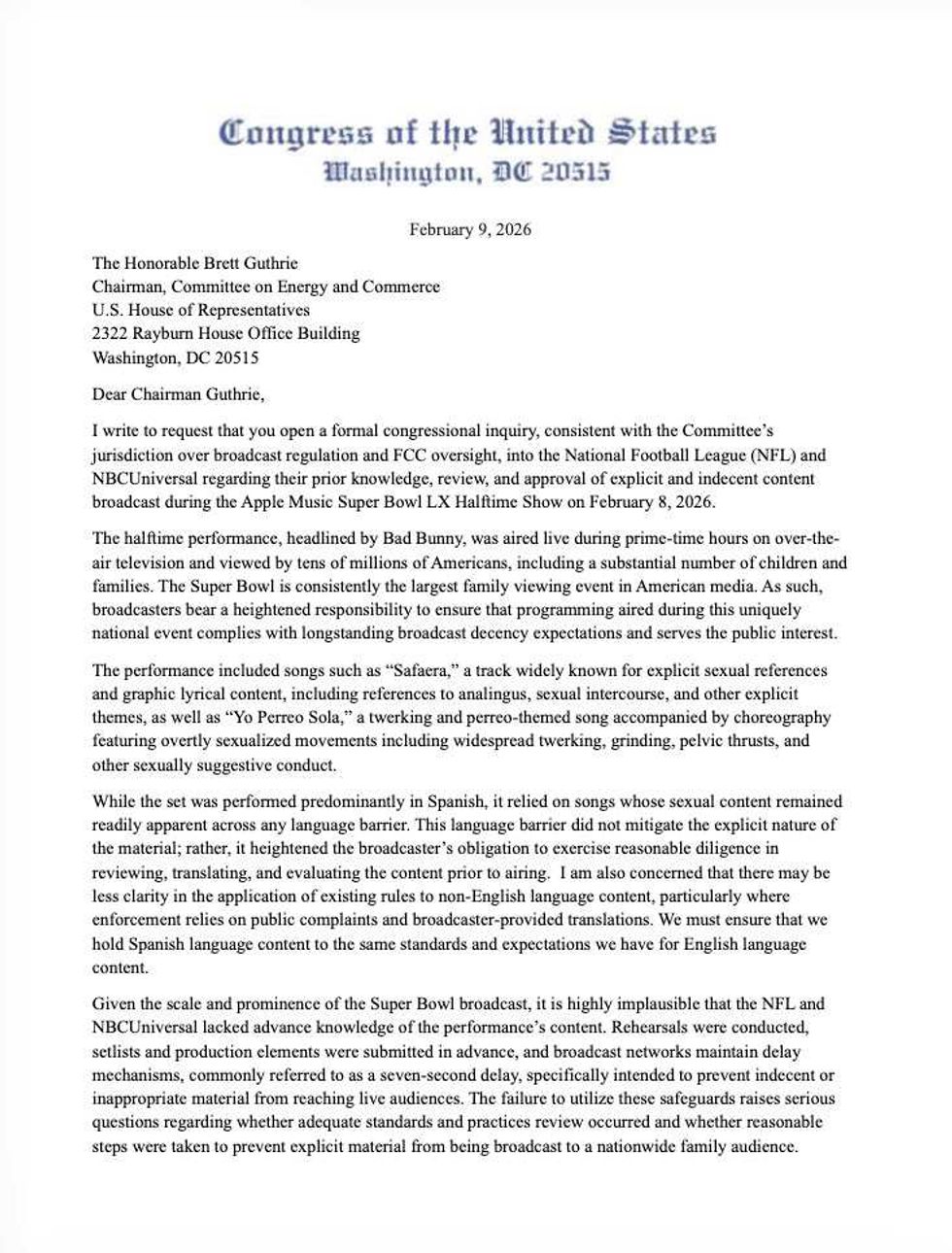 @RepOgles/X
@RepOgles/X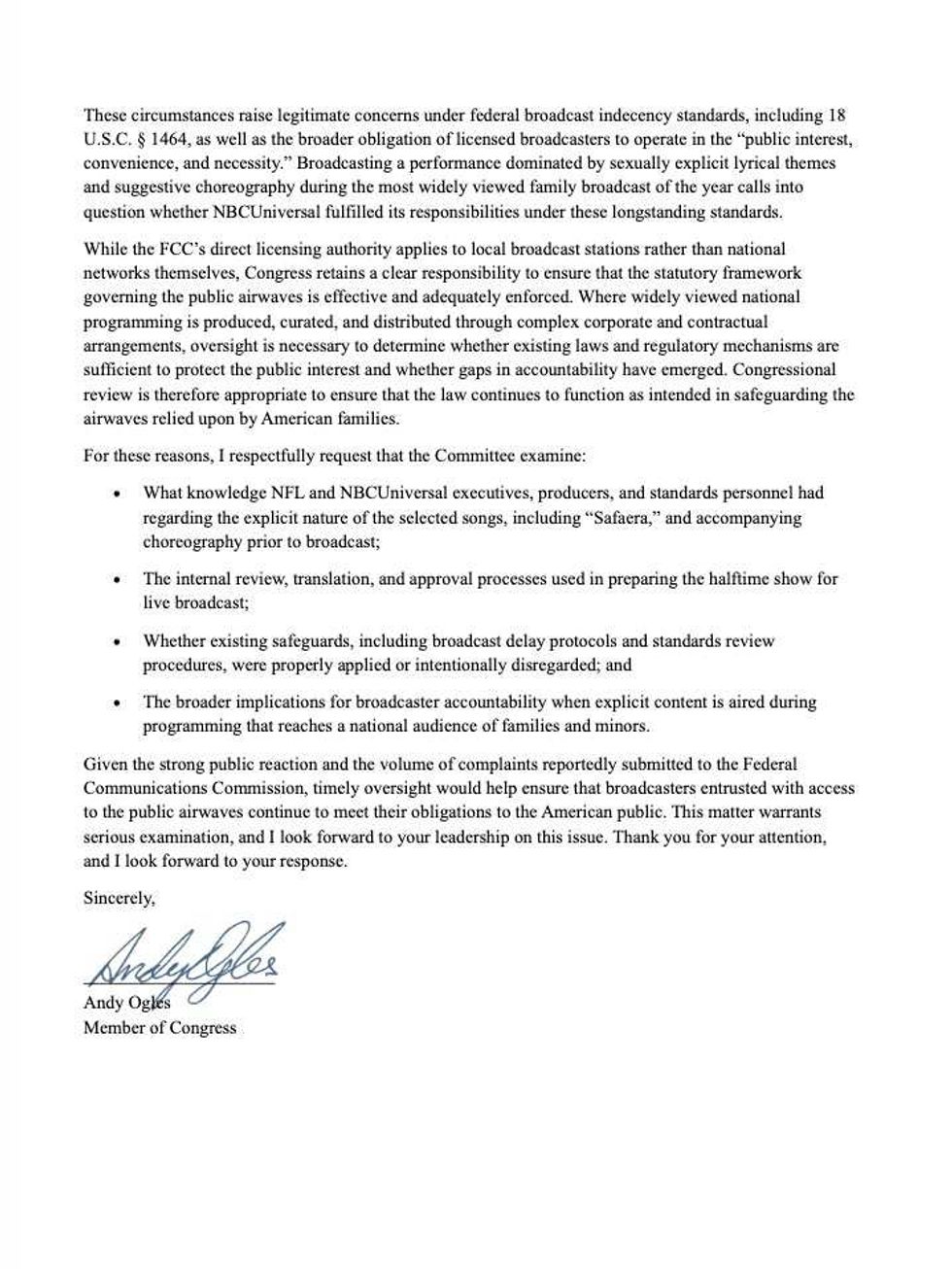 @RepOgles/X
@RepOgles/X





 @chrisbrownofficial/Instagram
@chrisbrownofficial/Instagram u/oatlatt/Reddit
u/oatlatt/Reddit u/LoveTheAhole/Reddit
u/LoveTheAhole/Reddit u/SoFetch89/Reddit
u/SoFetch89/Reddit u/00trysomethingnu/Reddit
u/00trysomethingnu/Reddit u/kittybuscemi/Reddit
u/kittybuscemi/Reddit u/___nic/Reddit
u/___nic/Reddit u/WaterMagician/Reddit
u/WaterMagician/Reddit u/west-brompton/Reddit
u/west-brompton/Reddit u/GhostlySpinster/Reddit
u/GhostlySpinster/Reddit u/Asleep_Tap6199/Reddit
u/Asleep_Tap6199/Reddit u/afreudtolove/Reddit
u/afreudtolove/Reddit u/myfriendtoldmetojoin/Reddit
u/myfriendtoldmetojoin/Reddit
 @charlesbeckinsale/Instagram
@charlesbeckinsale/Instagram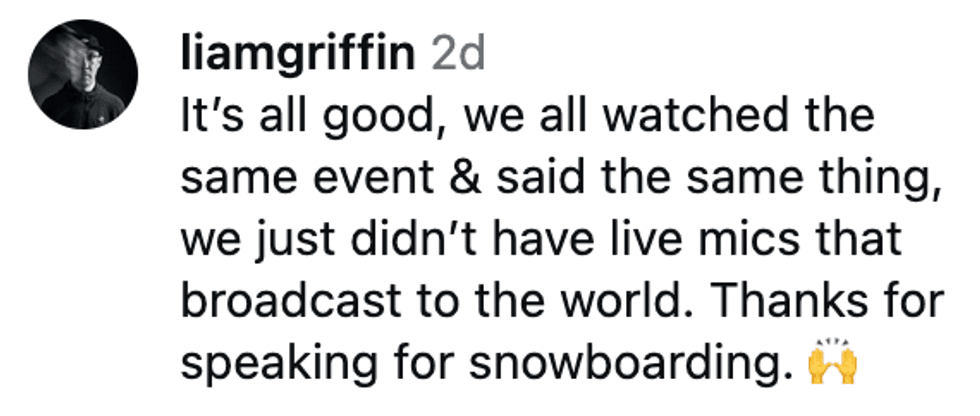 @liamgriffin/Instagram
@liamgriffin/Instagram @valentinoguseli/Instagram
@valentinoguseli/Instagram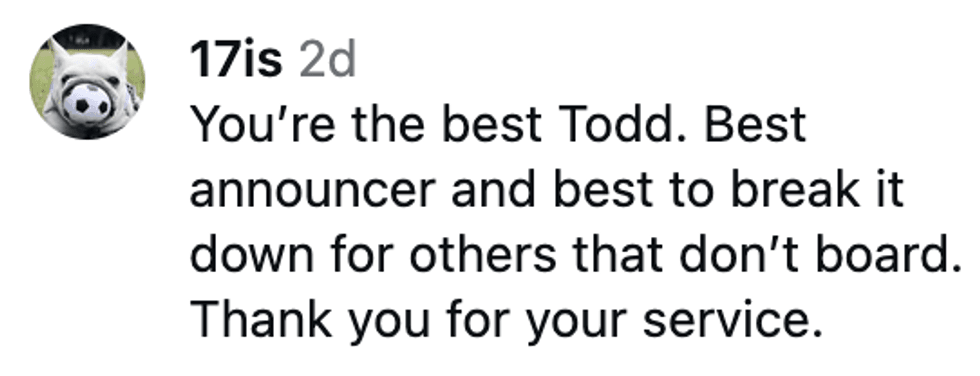 @17is/Instagram
@17is/Instagram @torahbright/Instagram
@torahbright/Instagram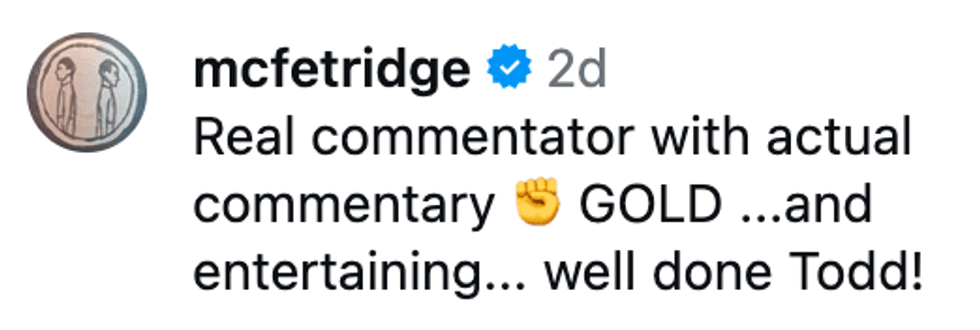 @mcfetridge/Instagram
@mcfetridge/Instagram @colleenquigley/Instagram
@colleenquigley/Instagram @jonathanwaynefreeman/Instagram
@jonathanwaynefreeman/Instagram
 @amberglenniceskater/Instagram
@amberglenniceskater/Instagram